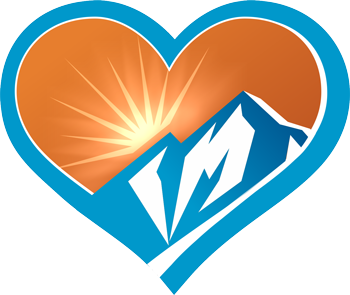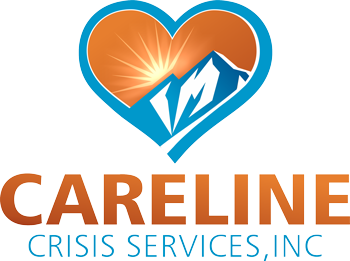Alaska Suicide Prevention Training with QPR Approach
A gatekeeper is anyone within a community who is in a position to recognize the warning signs that someone may be contemplating suicide. Gatekeepers include parents, friends, neighbors, teachers, ministers, doctors, nurses, office supervisors, squad leaders, foremen, police officers, advisers, caseworkers, firefighters, and many others who are strategically positioned to recognize and refer someone at risk of suicide, but do not treat in the long term. More information here.
 Mental Health First Aid
Mental Health First Aid
Mental Health First Aid is an 8-hour course that teaches you how to identify, understand and respond to signs of mental illnesses and substance use disorders. The training gives you the skills you need to reach out and provide initial help and support to someone who may be developing a mental health or substance use problem or experiencing a crisis. More information here.
 ASIST
ASIST
Applied Suicide Intervention Skills Training (ASIST) is for everyone 16 or older—regardless of prior experience—who wants to be able to provide suicide first aid. Shown by major studies to significantly reduce suicidality, the ASIST model teaches effective intervention skills while helping to build suicide prevention networks in the community. More information here.
safeTALK
safeTALK is a half-day alertness training that prepares anyone over the age of 15, regardless of prior experience or training, to become a suicide-alert helper. Most people with thoughts of suicide don’t truly want to die, but are struggling with the pain in their lives. Through their words and actions, they invite help to stay alive. safeTALK-trained helpers can recognize these invitations and take action by connecting them with life-saving intervention resources, such as caregivers trained in ASIST. More information here.
The International Critical Incident Stress Foundation
(ICISF) seeks to help people who help others, to make a positive difference in the world of critical incident stress. CISM is a method of helping first responders and others who have been involved with events that leave them emotionally and/or physically affected by those incidents. CISM is a process that enables peers to help their peers understand problems that might occur after an event. More information here.


